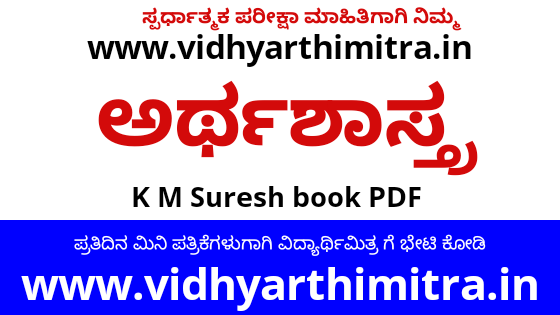

The UGC NET Paper 1 syllabus, old examination questions papers along with answer keys (solved questions) can be found at UGC NET Paper 1 People, development and environment and higher education system. Is of general and compulsory for all subjects and will have 50 MCQ question and total 100 marks and it will includes teaching aptitude, research aptitude,Ĭomprehension, communication, mathematical reasoning and aptitude, logical reasoning, data interpretation, Information and Communication Technology (ICT), Was last revised in June 2019 and the current NET / SET / SLET examination will be based on the new syllabus only. Will consists of two question papers i.e. paper-1 and paper-2 through Computer Based Test (CBT). Kalegowda Nagavara (Pub: Bangalore University).The December 2019 UGC NET examination in Kannada Javare Gowda.(Pub: Sahitya Academy, New Delhi). Short Story: Kannada Sanna Kathegalu, Ed.Novel: Bettada Jeeva-Shivarama Karanta Madhavi-Anupama.Nayak (Kannada Saahitya Parishattu, Bangalore) Kumaravyasa Bharata: Karna Parva (Mysore University).Javare Gowda (Kannada and Culture Directorate, Bangalore) Vaddaraadhane (Sukumaraswamyia Kathe, Vidyutchorana Kathe).Vikramaarjuna Vijaya of Pampa (Cantos 12 & 13), (Mysore University Pub.).

Unification of Karnataka and its impact of Kannada literature.Arts of Karnataka Sculpture, Architecture, Painting, Music, Dance-in the literary context.Major religions of Karnataka and their cultural contribution.Contribution of Dynasties to the culture of Karnataka: Chalukyas of Badami and Kalyani, Rashtrakutas, Hoysalas, Vijayanagara rulers, in literary context.Modern Trends of literary criticism: Formalist, Historical, Marxist, Feminist, Post-colonial criticism. Definition and concepts of poetry Word, Meaning, Alankara, Reeti, Rasa, Dhwani, Auchitya.Modern Kannada literature: Influence, trends and ideologies, Navodaya, Pragatishila, Navya, Dalita and Bandaya.Medieval Poets: Harihara, Raghavanka, Kumara-Vyasa.Vachana Literature: Basavanna, Akka Mahadevi.Medieval Kannada literature: Influence and Trends.Language borrowing.Īncient Kannada literature: Influence and Trends, Poets for study: Specified poets from Pampa to Ratnakara Varni are to be studied in the light of contents, form and expression: Pampa, Janna, Nagachandra. Various aspects of developments of Kannada Language: phonological and Semantic changes. Dialects of Kannada Language: Regional and Social. Dravidian Family of Languages and its specific features. History of Kannada Language: What is Language ? General characteristics of Language. Linguistic History of Kannada Language-M.H. Having stressed the importance of the right set of books, here’s the list for Kannada Optional subject in Main UPSC Civil services Exam: UPSC Kannada Literature Booklist with Syllabus PAPER-I Books: 1.

The Syllabus is to be completed in an organised manner, and notes for every individual subtopic is to be prepared. All it requires is a proper strategy with the right set of books. However, with Kannada Literature as an optional subject one can allocate relatively less amount of energies and time to reap the benefits. Given that Optional Subject score plays an important role in having ones name in the merit list, one is to dedicate time and efforts in right measure for any optional. So, any UPSC aspirant with a sound knowledge of Kannada Literature can choose this as an optional subject. IAS aspirants, irrespective of their graduation subjects, can choose literature subject as an optional. The language has its footprints well beyond its borders too- in Tamil Nadu, Maharashtra, Kerala, Andra Pradesh, Telangana and Goa. Kannada language, with its various dialects, is widely used for communication in the South Indian state of Karnataka.


 0 kommentar(er)
0 kommentar(er)
